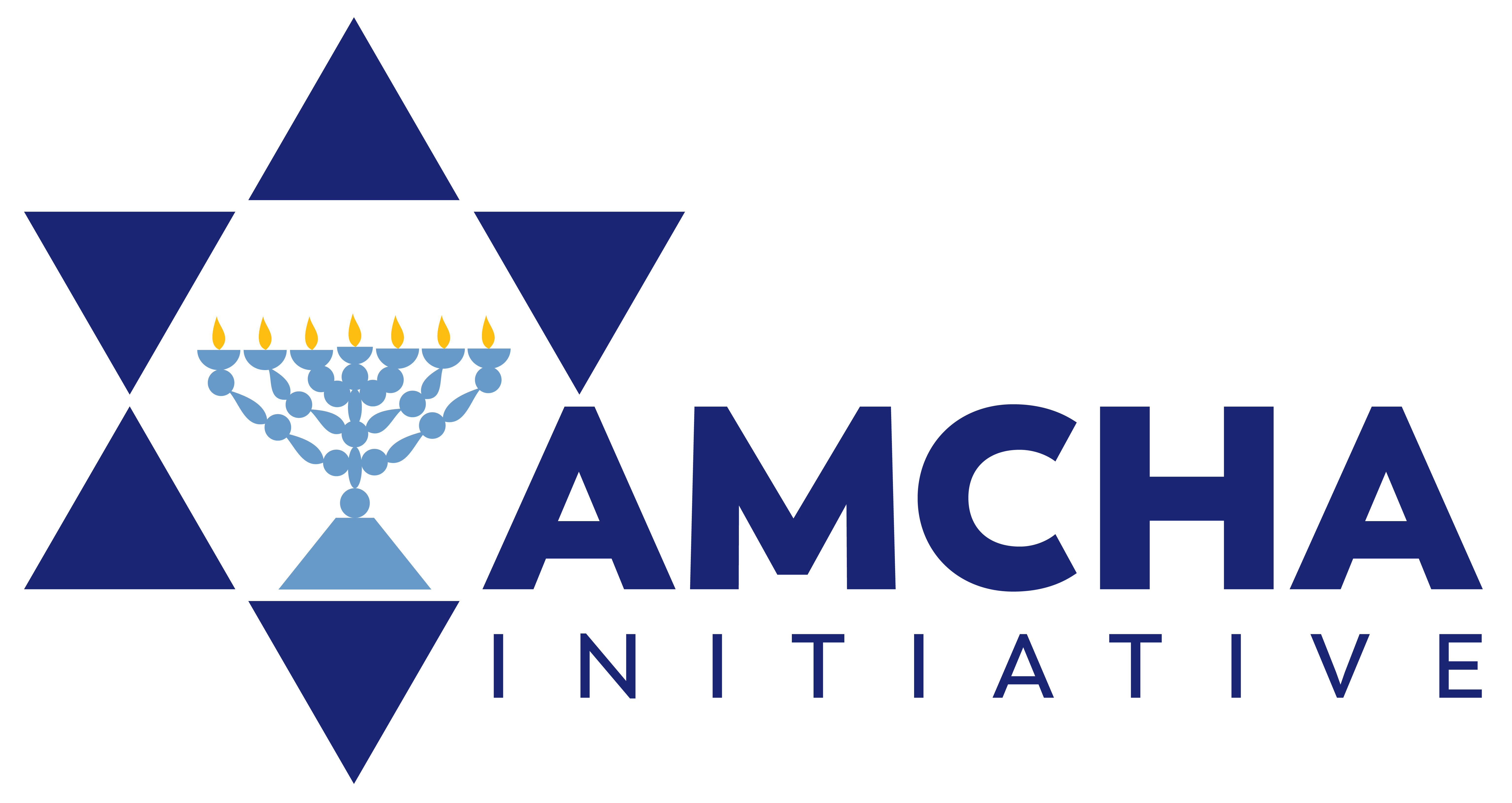Amcha is the Hebrew word meaning “Your People” and also connotes “grassroots,” “the masses,” and “ordinary people.” The AMCHA Initiative strives to bring together Jewish people from all over California so that they might speak in one voice in order to express their concern for the safety and well-being of Jewish college and university students.
In pursuit of that aim, the AMCHA Initiative endeavors to inform the California Jewish community about manifestations of harassment and intimidation of Jewish students on colleges and university campuses across the state, with a special focus on the University of California. The AMCHA Initiative also sets out to inform the Jewish community about the efforts made by Jewish students and faculty to combat anti-Jewish bigotry on California campuses.
The AMCHA Initiative was founded by University of California faculty, Tammi Rossman-Benjamin, Lecturer in Hebrew and Jewish Studies at University of California Santa Cruz, and Leila Beckwith, Professor Emeritus in Pediatrics at University of California Los Angeles. For more than 8 years, both women have been involved in academic and advocacy efforts to combat the rise of campus antisemitism. They have written articles and lectured in the U.S., Canada, and Israel about academic anti-Zionism and antisemitism.
In June 2009, Tammi filed a Title VI complaint under the 1964 U.S. Civil Rights Law that alleges that anti-Israel and anti-Jewish discourse and behavior in classrooms and at university-sponsored events had resulted in the intellectual and emotional harassment and intimidation of Jewish students at UC Santa Cruz and violated federal anti-discrimination laws. Her complaint, the first of its kind, is now being investigated by the Office of Civil Rights of the U.S. Department of Education.
Tammi and Leila recently co-founded the Investigative Taskforce on Campus Antisemitism, an organization whose mission is to investigate and report incidents of antisemitism that occur in institutions of higher education in the United States, to document their effect on students, faculty, and staff, and to offer recommendations for addressing the problem on each campus investigated.
